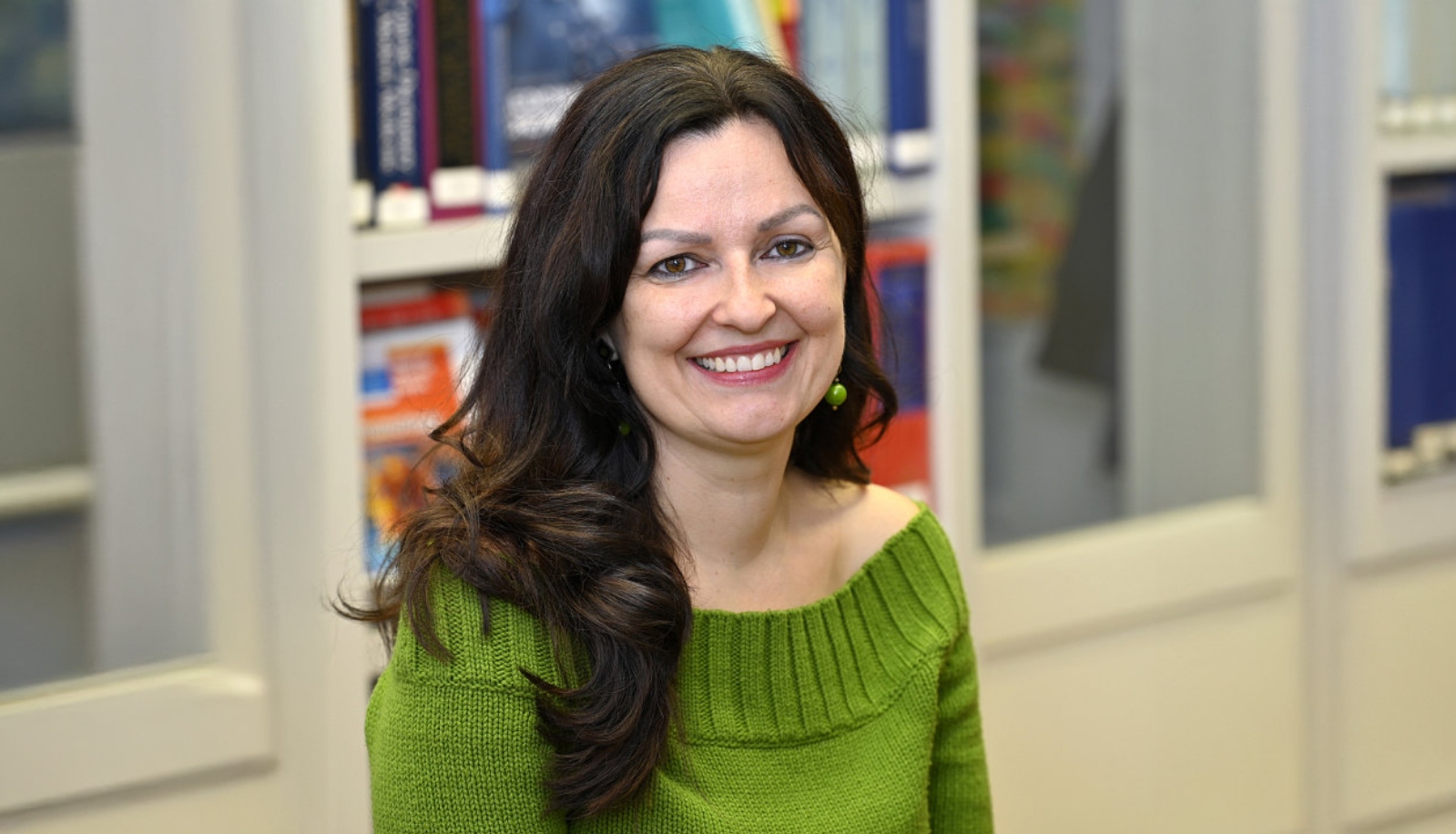Prestigious award for cancer research goes to the Czech Republic for the first time
05/21/2025 - Hospodářské noviny
None of the Czechs have won such an award in the past. Next-Gen Stars are awarded annually by the American Association for Cancer Research (AACR) to ten outstanding scientists from around the world for innovation in cancer research. This year, however, there were eleven winners, including Zuzana Kečkéšová from the Institute of Organic Chemistry and Biochemistry of the CAS, who has identified a protein that has been shown to help suppress the growth of cancer cells. Kečkéšová received the award last week at the annual conference, where she also presented her research.
When Kečkéšová published her discovery in the prestigious scientific journal Nature in 2017, it sparked a global uproar. Such shifts are rare. Kečkéšová had succeeded in finding a protein that prevents tumours from forming. She found the protein, called LACTB, in the energy centres of the human body, the so-called mitochondria. It works as a "tumour suppressor" - in practice, this means that if it is activated in a cancer cell, it can kill it.
"I realised that the field of cancer research is very one-sided, that everyone who is involved in cancer research studies why it develops in certain tissues and cell types, but no one is researching the other side of the coin, namely: why cancer does not develop in certain organs and cells," Kečkéšová said of her discovery at the time, adding that heart cancer or adult skeletal muscle cancer are rarely discussed. And that there are tissues in the human body where cancer is almost non-existent.
So she began to study these cancer "resistant" cells, and one of her first discoveries was the molecule LACTB, which is found in them.
Kečkéšová discovered the protein during her eight years of research at the top American Massachusetts Institute of Technology (MIT), but then she moved to Prague with her family and conducted further research at the Institute of Organic Chemistry and Biochemistry of the Czech Academy of Sciences.
There she also immediately received a lot of financial support, not only from public grants, but also from a private investor. The investment group BPD Partners, which is backed by a trio of entrepreneurs Vasil Bobela, Petr Pudil and Jan Dobrovský, gave her €1.75 million, which is over CZK 45 million, for her research.

Photo: Institute of Organic Chemistry and Biochemistry of the Czech Academy of Sciences
Eight years after the discovery was published, Kečkéšová finally has all the necessary research behind her and sets about setting up a spin-off company to develop a cure. "I am now working on the preparation of the company, more will be possible to publish in October or November," Kečkéšová told HN. However, she revealed at last week's Neuron Club debate on tumour formation that she has already managed to find some investors.
Her discovery raises high hopes in the Czech scientific community. "Although the probability of getting it to the actual cure is small, I give this one 70 percent," said, for example, former Charles University rector Tomáš Zima. Jan Konvalinka, a biochemist and director of the Institute of Organic Chemistry and Biochemistry of the Academy of Sciences, also speaks in superlatives about Kečkéšová and her research.
"She can boast not only a great scientific history, but especially a completely original approach to the study of tumour growth. Her work confirms the old rule that the right question is the basis of the solution," Konvalinka told HN.
Author: Michaela Ryšavá
